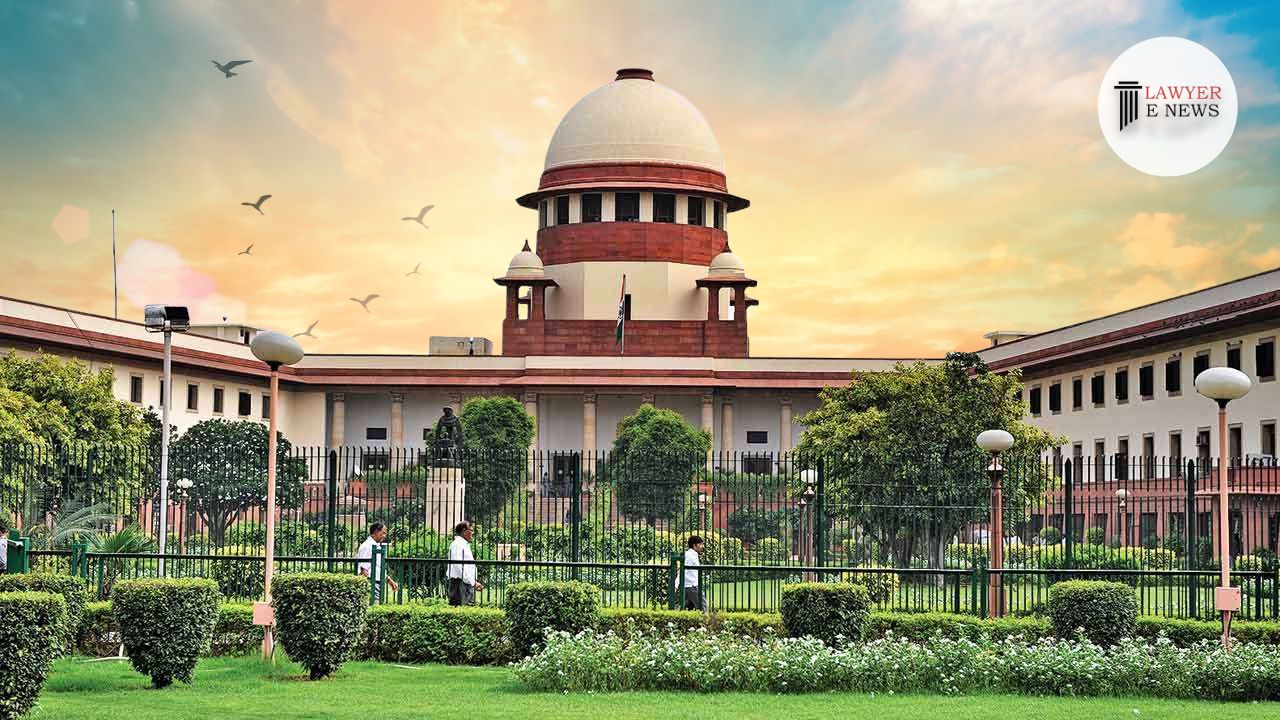-
by sayum
14 February 2026 2:22 PM



The Supreme Court has acquitted Vishwanatha, accused in the high-profile 2000 murder case of an elderly woman in Mangalore. The bench, comprising Justices Sudhanshu Dhulia and Prasanna B. Varale, ruled that the prosecution failed to establish the accused’s guilt beyond reasonable doubt, emphasizing discrepancies between witness testimonies and medical evidence.
On December 26, 2000, 86-year-old Devaki was found strangled in her home in Kudupu, Mangalore. The prosecution alleged that Vishwanatha and co-accused Ravikumar broke into her house intending to commit robbery, and killed her when she was alone. Devaki’s daughter, Rohini (PW-1), reported the crime upon discovering her mother’s body. The FIR was promptly registered, and the accused were arrested the same day. The trial court acquitted the accused due to inconsistencies in the evidence, but the Karnataka High Court later reversed this decision, convicting both men. Vishwanatha appealed to the Supreme Court after Ravikumar passed away.
The Supreme Court scrutinized the testimonies of key witnesses PW-1 and PW-2, who claimed to have seen the accused strangling Devaki through a window. PW-1 identified Ravikumar, a known relative, and named Vishwanatha based on Ravikumar’s call to him during the escape. However, the court noted significant doubts about these identifications due to the lack of a Test Identification Parade (TIP).
The autopsy report indicated ligature marks on Devaki's neck, but crucially, these marks did not encircle the neck fully, as would be expected if strangulation had occurred as described by the witnesses. The court highlighted this inconsistency, stating that the medical evidence did not corroborate the prosecution’s narrative.
The bench emphasized the principle that a conviction must be based on evidence that leaves no room for reasonable doubt. In this case, the absence of a TIP for Vishwanatha, who was unknown to the witnesses, and the discrepancies between the witness accounts and medical evidence, were significant enough to undermine the prosecution’s case.
Justice Dhulia remarked, "The prosecution has not been able to prove its case beyond reasonable doubt. The testimony of the eyewitnesses is not corroborated by the medical evidence, and the absence of a Test Identification Parade casts further doubt on the identity of the accused."
The Supreme Court’s decision to acquit Vishwanatha underscores the judiciary’s commitment to the principle of ‘beyond reasonable doubt’ in criminal convictions. This judgment reaffirms the necessity for corroborative evidence in cases relying heavily on eyewitness testimonies, especially when the accused is not previously known to the witnesses. The ruling reinstates the trial court’s original acquittal and serves as a critical reminder of the stringent standards required for criminal convictions.
Date of Decision: July 8, 2024
Vishwanatha v. The State of Karnataka
